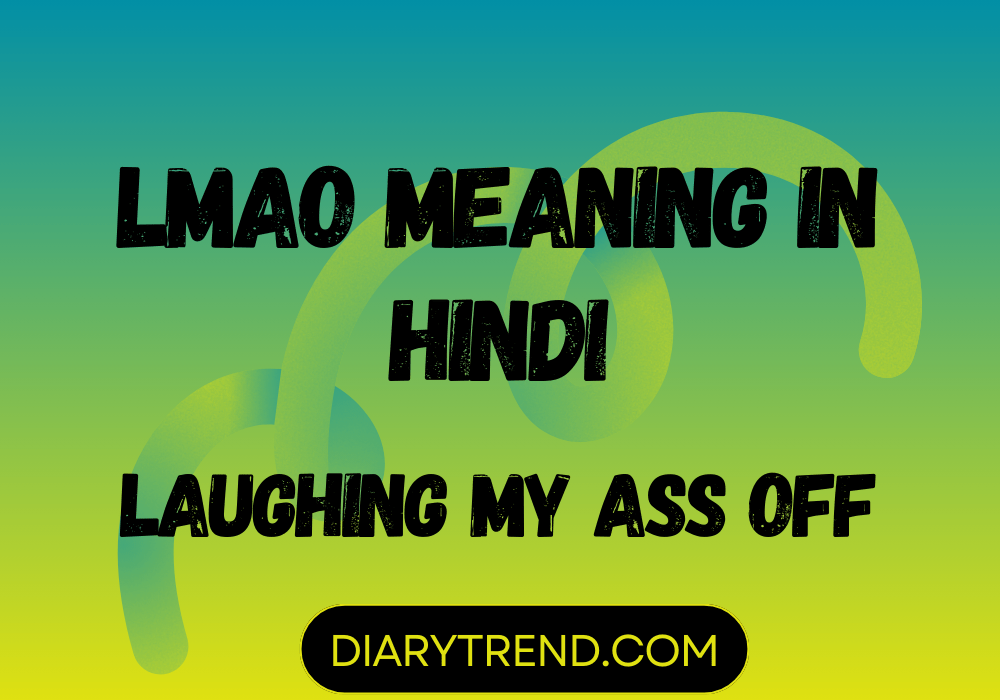In the fast-paced digital age, communication has evolved beyond traditional boundaries, giving rise to a unique form of expression through internet slang. One such widely used acronym is “LMAO,” which stands for “Laughing My Ass Off.” This article explores the cultural adaptation of “LMAO” in the Hindi language, shedding light on how online expressions transcend linguistic boundaries.
The Evolution of Internet Slang
Internet slang has become an integral part of online communication, allowing users to convey emotions, reactions, and sentiments in a succinct and informal manner. “LMAO” is part of this lexicon, reflecting a moment of extreme amusement or laughter. As the digital landscape continues to shape our communication habits, it’s fascinating to observe how these expressions find their way into different languages.
LMAO in Hindi
Translating internet slang into other languages poses a unique challenge, as the cultural nuances and linguistic structures may differ. In Hindi, a language spoken by millions in India and around the world, “LMAO” can be humorously translated as “मेरी गंडी हँसी” (Meri Gandi Hansi), where “गंडी” (Gandi) adds a touch of colloquial humor to the phrase. It essentially conveys the idea of laughing heartily.
For a more elaborate expression, one might say, “मेरी गंडी हँसी में लोटपोट हो रहा हूँ” (Meri Gandi Hansi Mein Lotpot Ho Raha Hoon). This translation not only captures the essence of laughter but also adds a playful touch with “लोटपोट” (Lotpot), indicating uncontrollable laughter or being in splits.
Cultural Adaptation
The adaptation of internet slang in different languages is not merely about translation but also about capturing the cultural nuances. In Hindi, humor often involves wordplay, colloquial expressions, and regional influences. The translation of “LMAO” into “मेरी गंडी हँसी” reflects this adaptability, maintaining the spirit of amusement while integrating it seamlessly into the linguistic and cultural landscape.
The Role of Social Media
Social media platforms serve as a melting pot of cultures and languages, facilitating the exchange of ideas, trends, and expressions. As users share memes, jokes, and reactions, internet slang becomes a universal language that transcends geographical boundaries. The adoption of “LMAO” in Hindi exemplifies how online expressions seamlessly integrate into the linguistic fabric of a community.
Conclusion
In the ever-evolving world of digital communication, internet slang like “LMAO” serves as a bridge that connects people across languages and cultures. The adaptation of such expressions in Hindi reflects not only the linguistic flexibility but also the shared sense of humor that unites individuals in the vast online community. As internet slang continues to evolve, it will be fascinating to witness how languages around the world embrace and adapt these expressions in their own unique ways.
